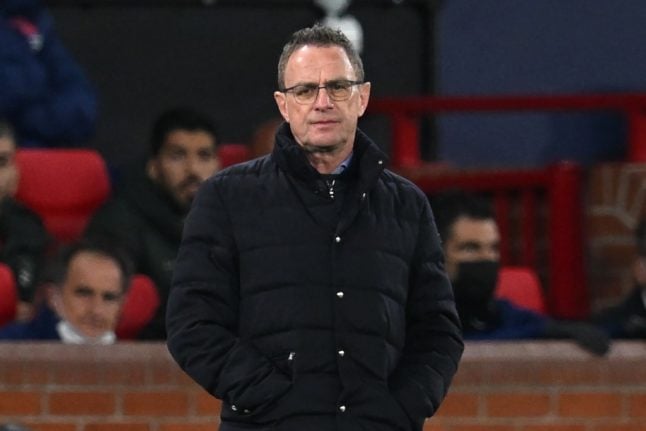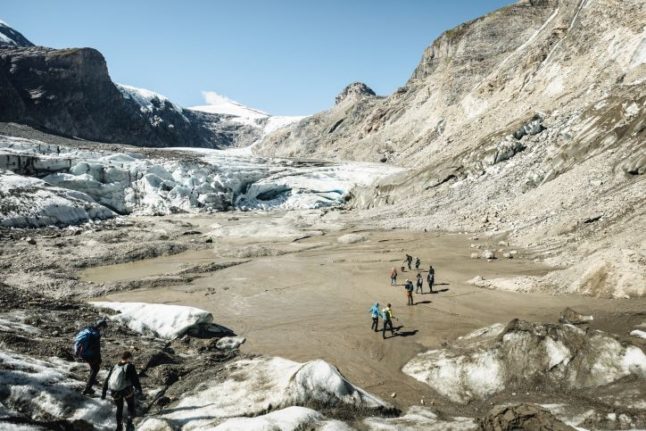Austria has just confirmed that Ralf Rangnick, currently interim manager of Manchester United, will be taking over as the coach of its men’s football national team.
The German – the second on the job following the exit of Franco Foda earlier this year – will start working with Das Team just days ahead of its Nations League game against Croatia, the Austrian soccer federation ÖFB said.
Manchester United is set to play its last championship match in England on May 22nd. Austria first travels to face Croatia on June 3rd. It then has a home game against Denmark, on June 6th, and France, on June 10th, as part of the UEFA League of Nations tournament.
The contract runs for two years and would be automatically extended for two more years in the event of a successful qualification for UEFA EURO 2024 hosted by Germany.
“It is an honour for me to take on the role of team leader. I am particularly pleased with the prospect of competing in the European Championship in Germany with a young, success-driven team,” said Rangnick.
The coach will continue as a “consultant” for Manchester United, and per contract will be allowed to work for six days a month with the British team – which in itself has sparked controversy among fans in both countries.
Why is this such a big deal?
Austria has had a harrowing history with football and only qualified for a World Cup seven times. However, it has recently put together a group of solid players that have brought hope to the population – hungry to at least participate in a major tournament again.
In 2020, the country made history after it won 3-1 against North Macedonia in the opener of the Euro. It was the first time the red team won a match in a European Championship. It was even the first time it scored more than one goal in a group stage game.
It went further, and Austrians were mesmerised to watch their national team reaching the knockout stages, only to be kicked out in the round of 16 by would-be winners Italy.
READ ALSO: Everything that changes in Austria in May 2022
The successes pushed the team forward and increased interest in the sport. There was still hope of historical achievements with a team full of stars, including controversial (he is known as a “bad boy”) but undoubtedly effective forward Marko Arnautović and Bayern Munich’s Marcel Sabitzer.
Just as Austrians were hoping to qualify for their first World Cup since 1998, the Burschen fell against Wales, Denmark, and Scotland.
The most recent loss, a 2-1 against Wales, ended up with the exit of team leader Franco Foda. Still, the Mannschaft now eyes a successful qualification for the 2024 Euro, where they aim to play on familiar grounds of neighbouring Germany.
From then, Rangnick’s job will be to finally get Austria back to the global fields – quite literally, as the 2026 World Cup will be played in the United States, Mexico, and Canada.
Useful vocabulary
The Team (nickname) – Das Team
Our Boys (nickname) – Unsere Burschen
European Championship – Europameisterschaft
World Cup – Weltmeisterschaft
Victories – Siege
Draw – Remis
Defeats – Niederlagen



 Please whitelist us to continue reading.
Please whitelist us to continue reading.
Member comments